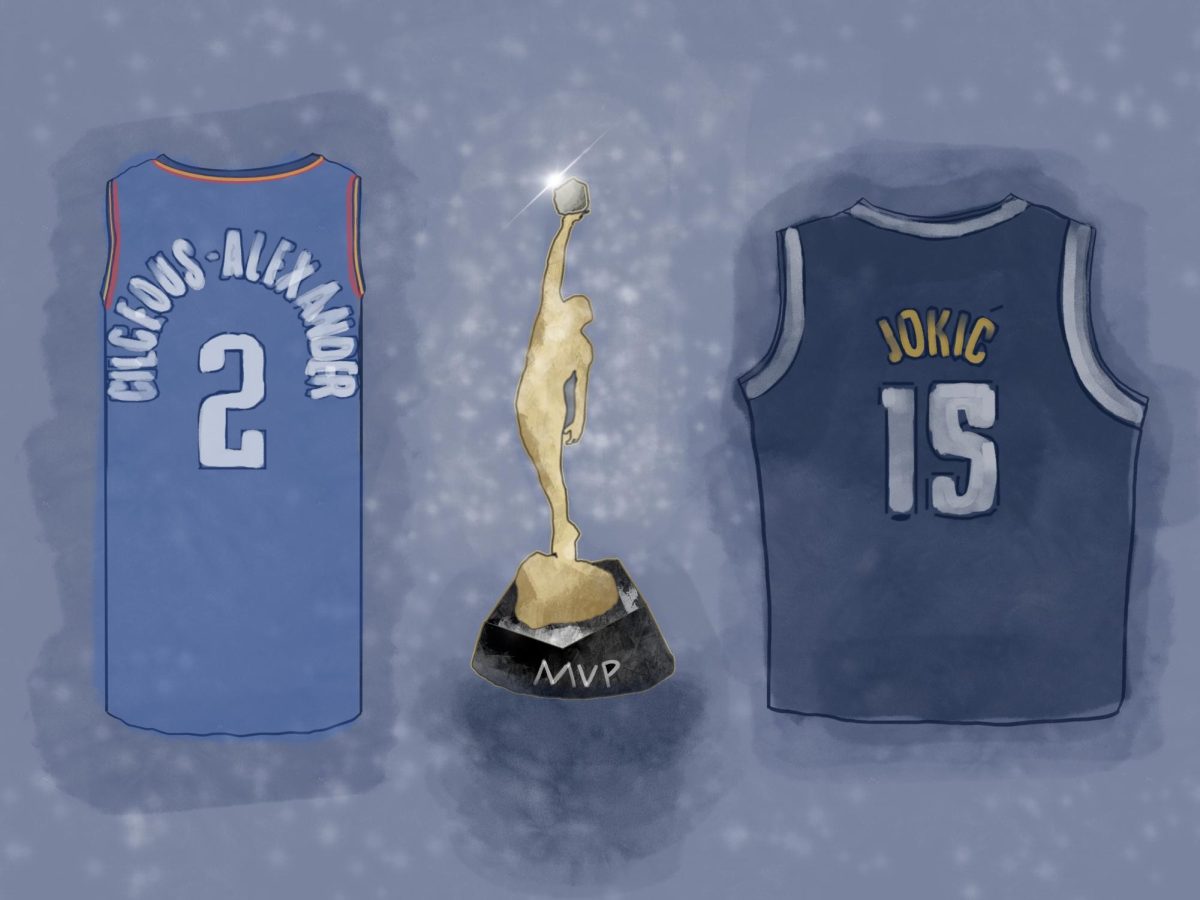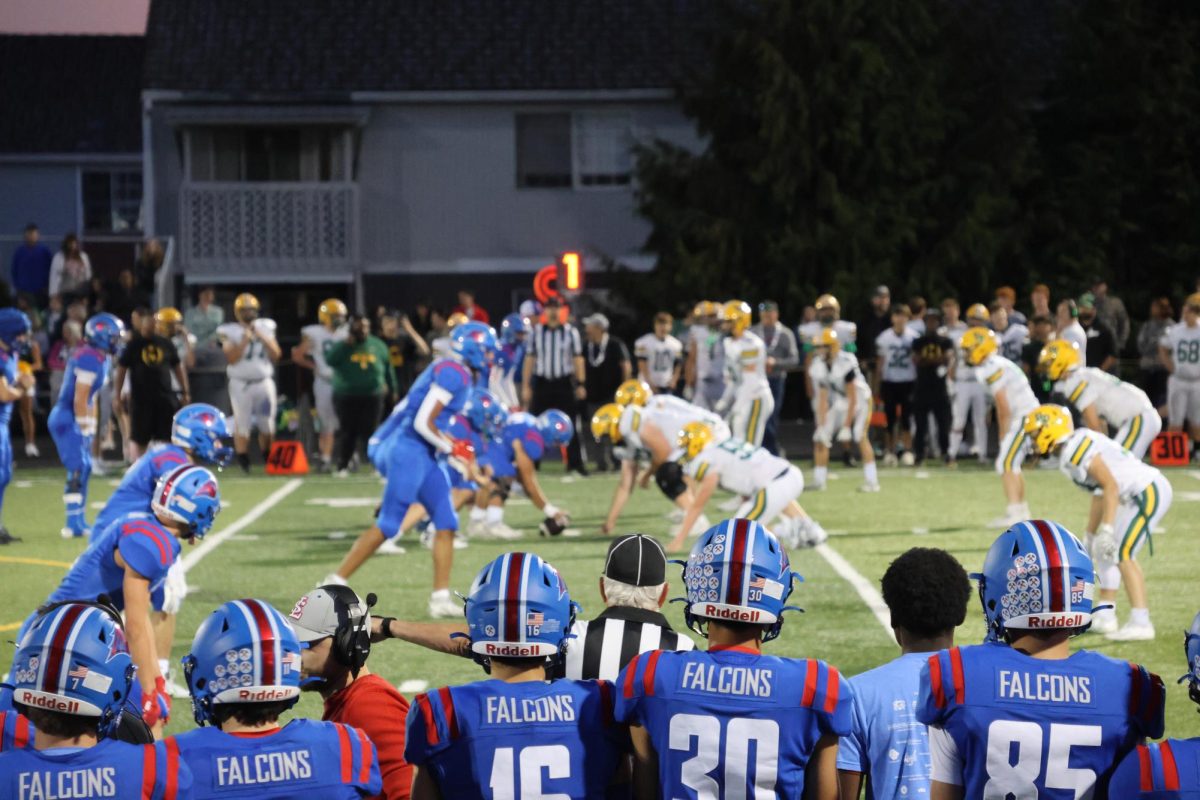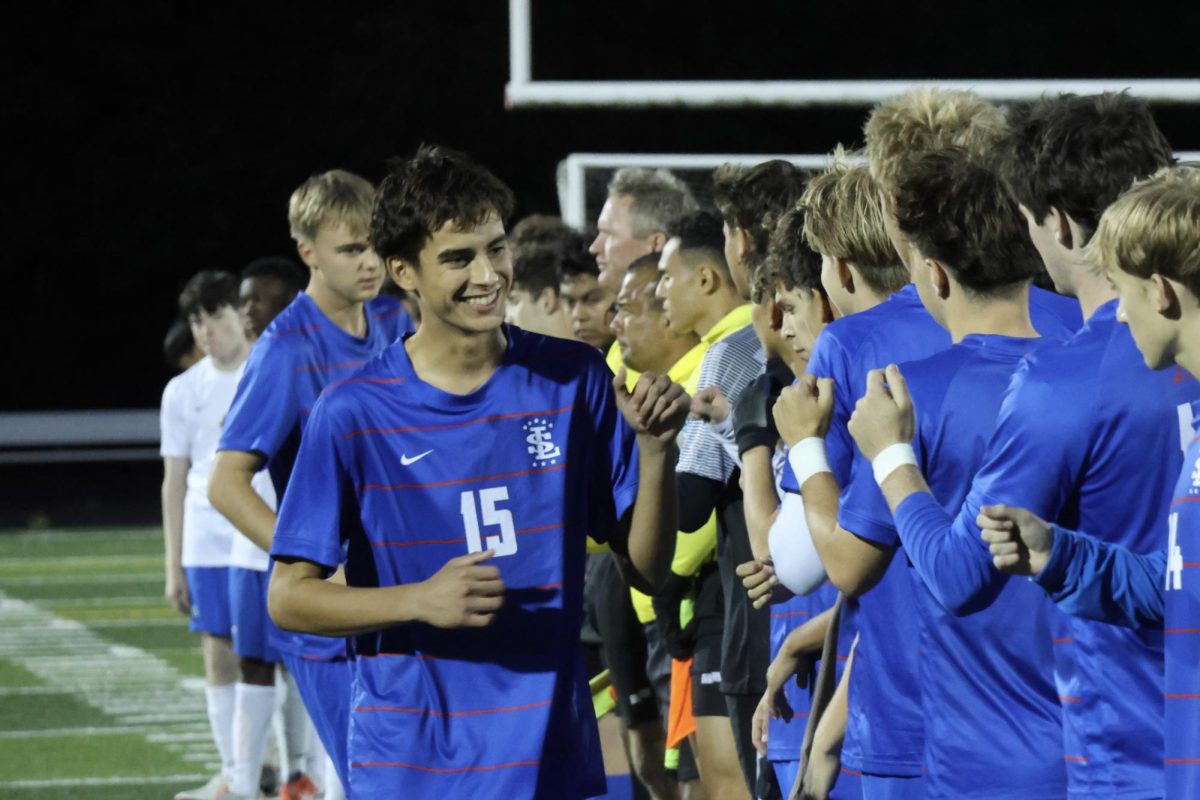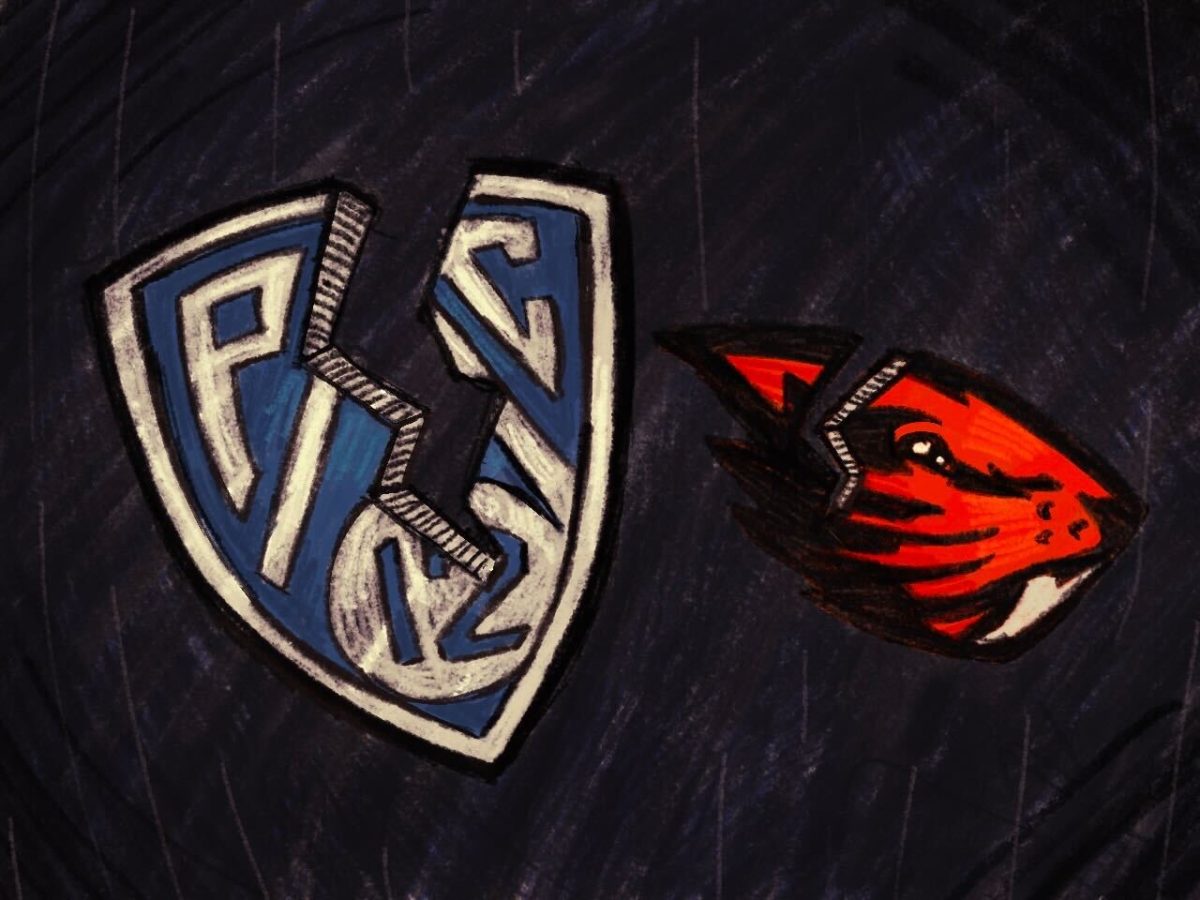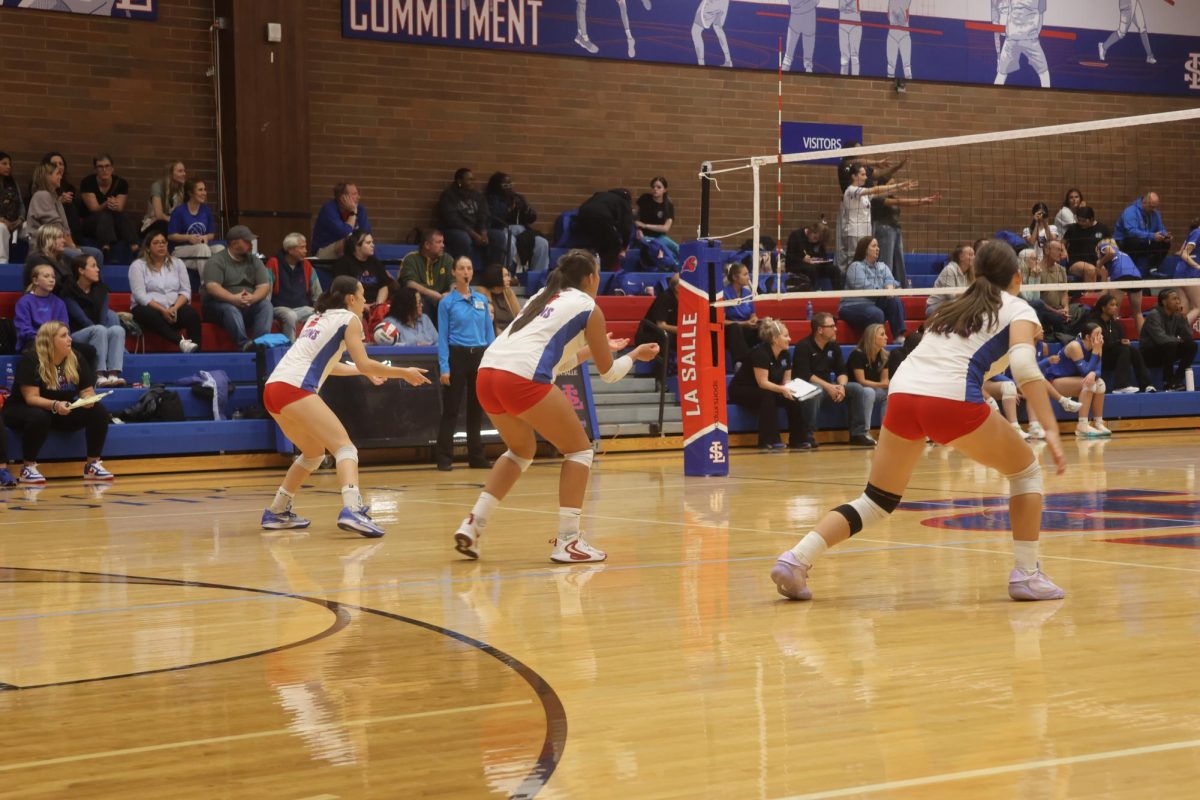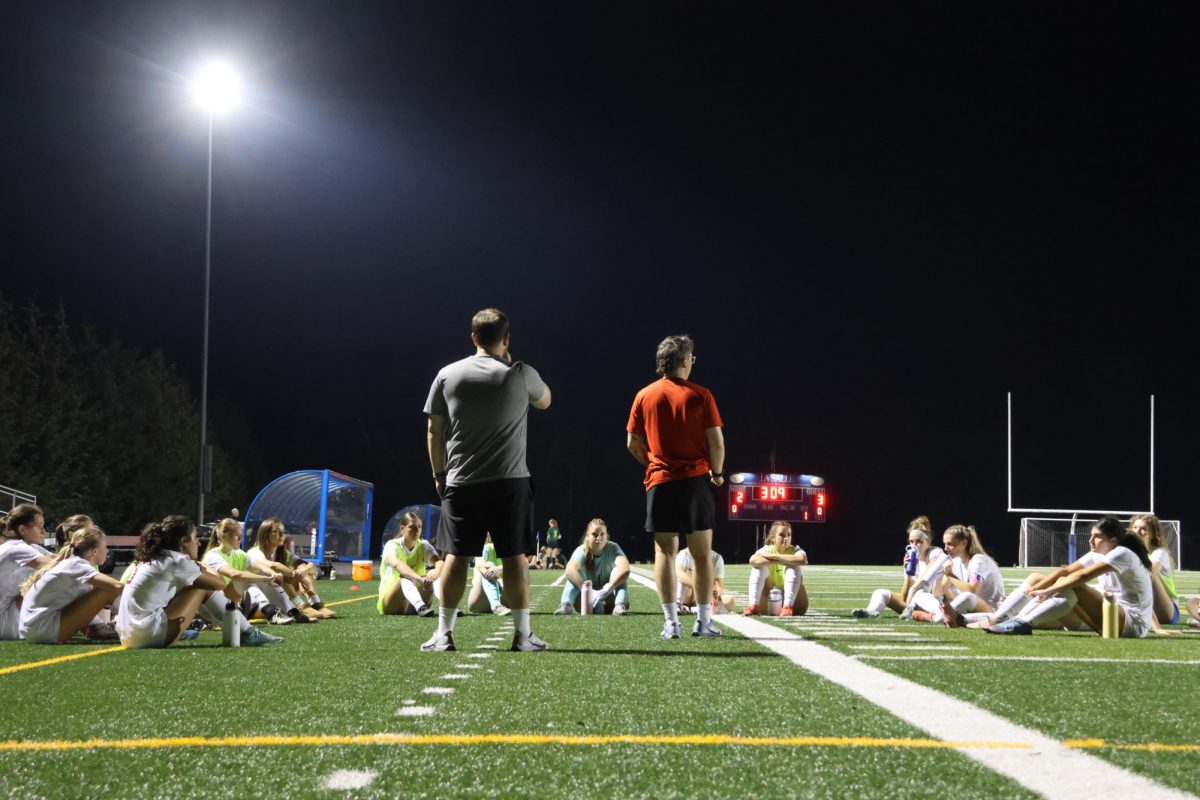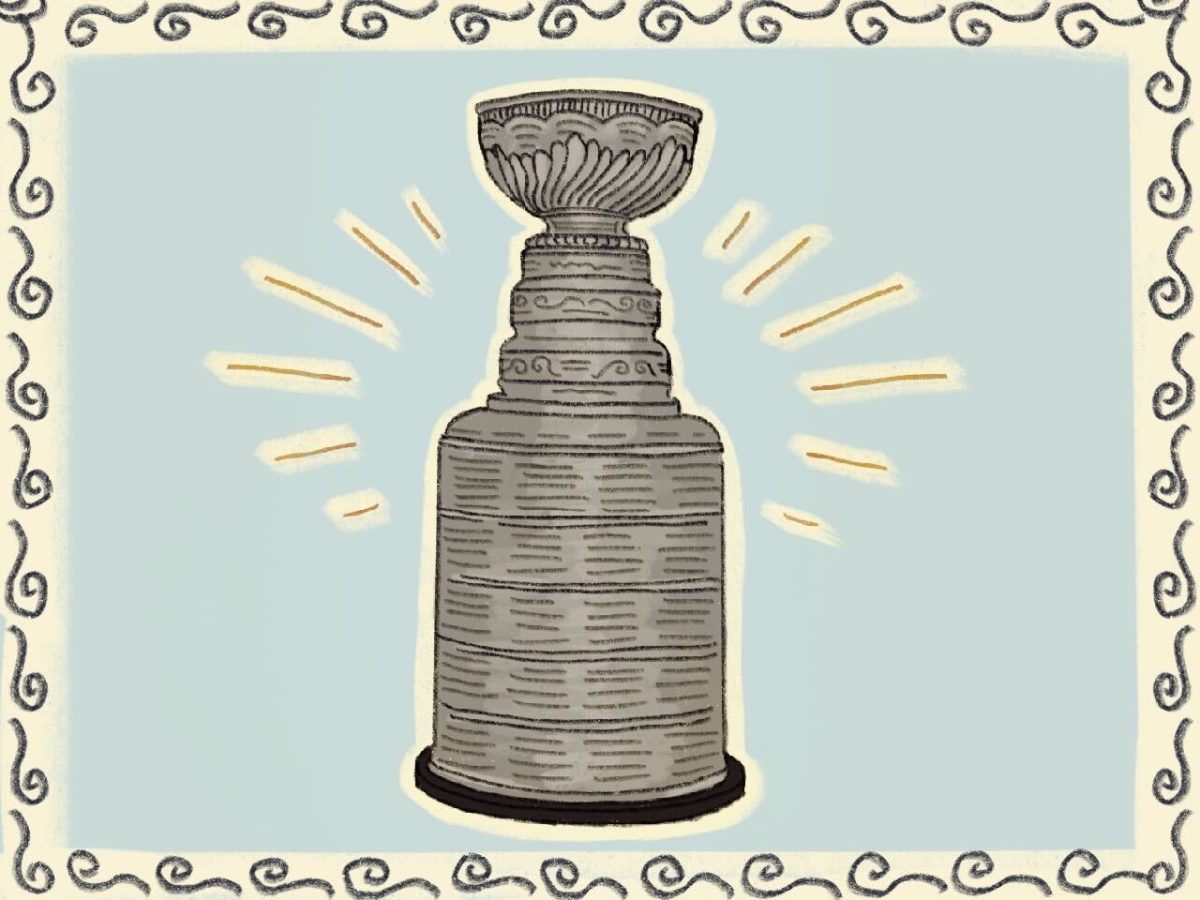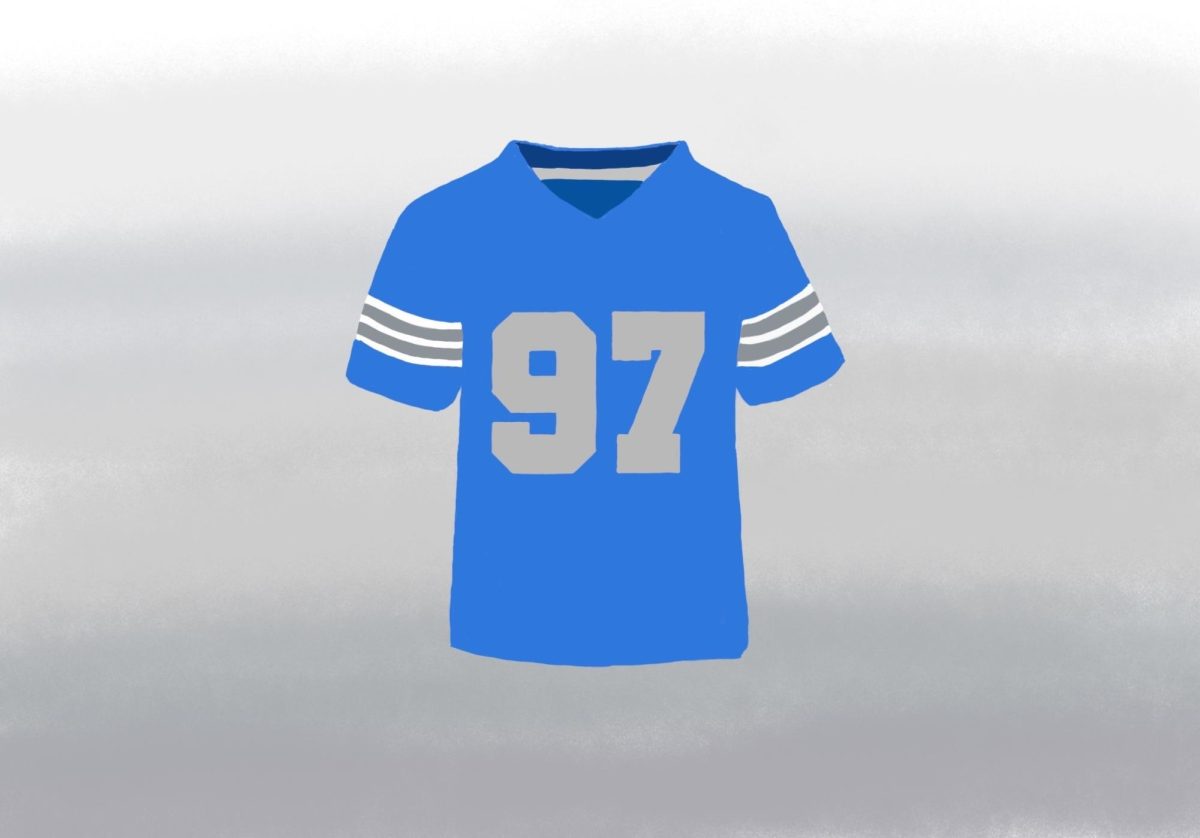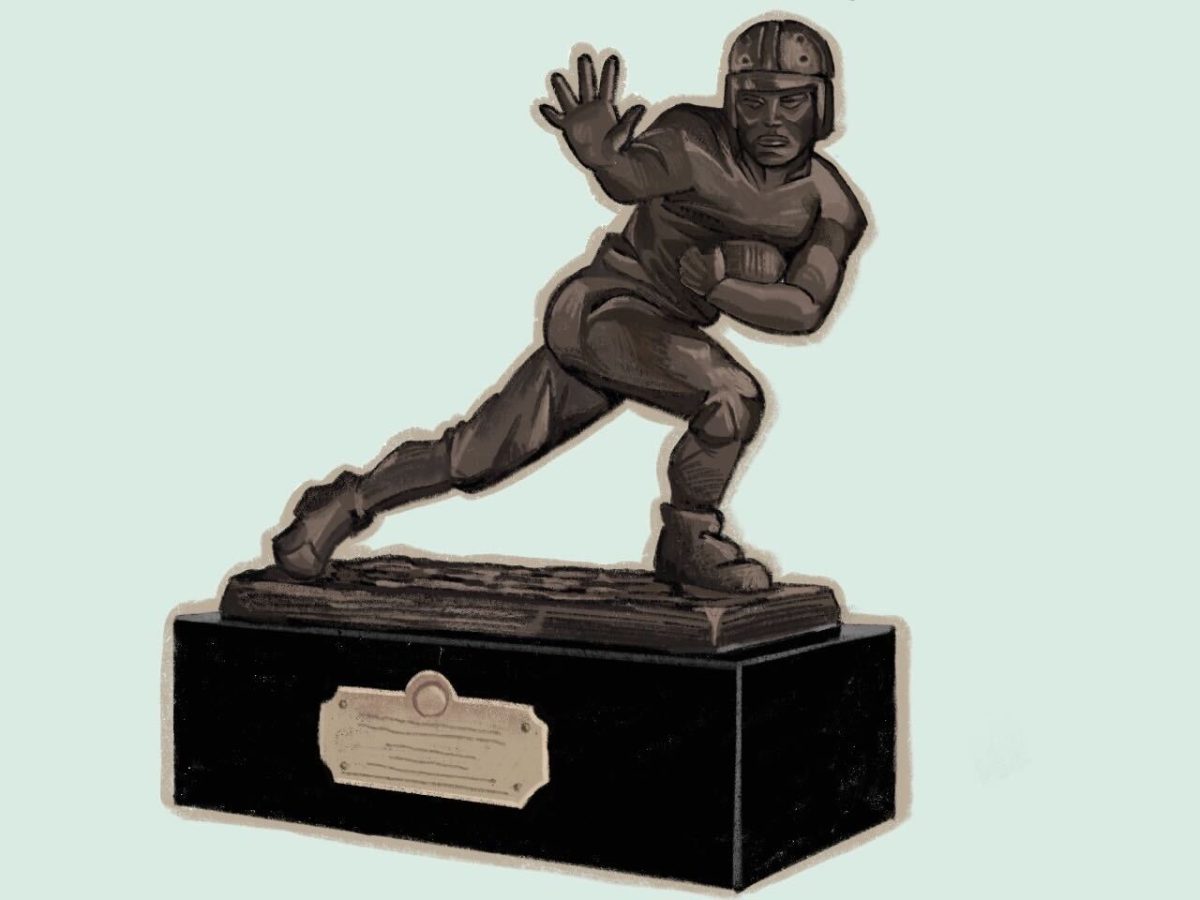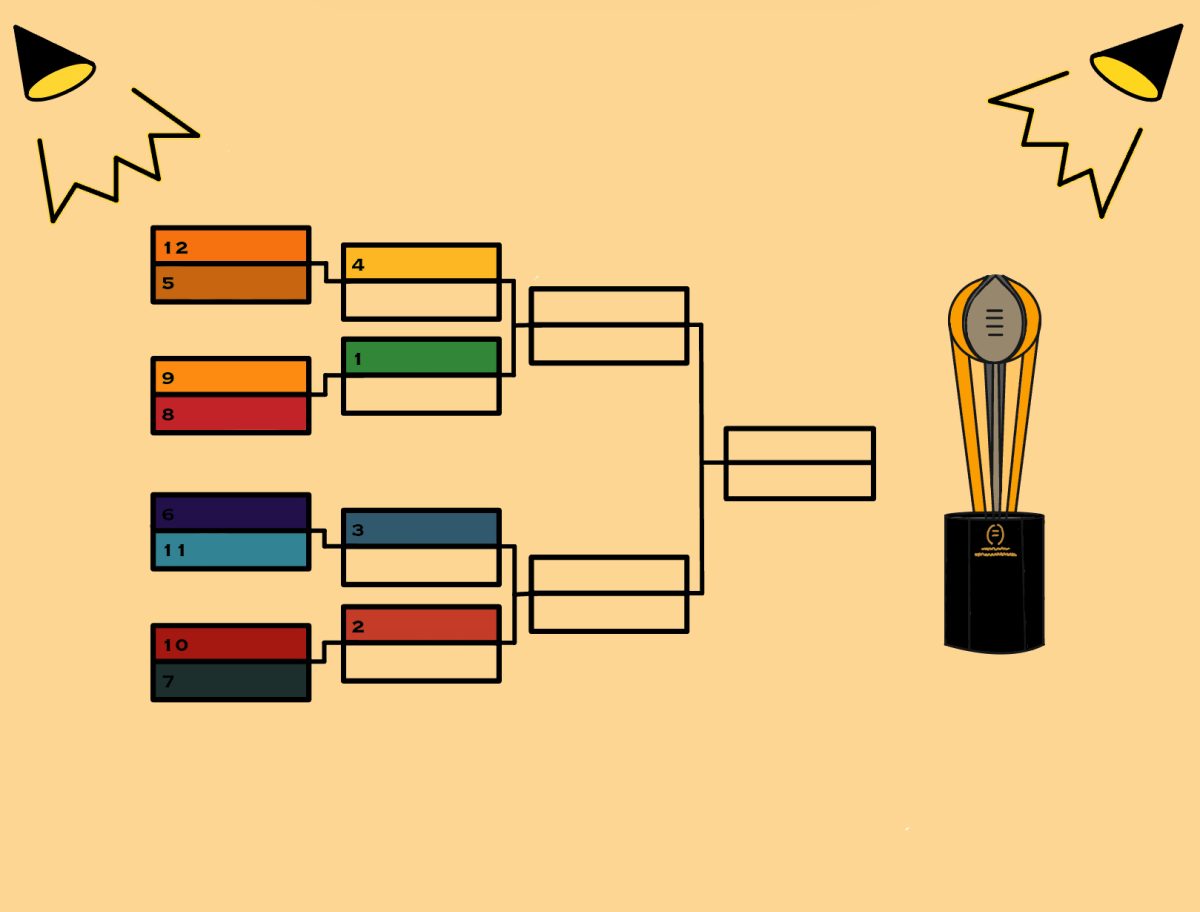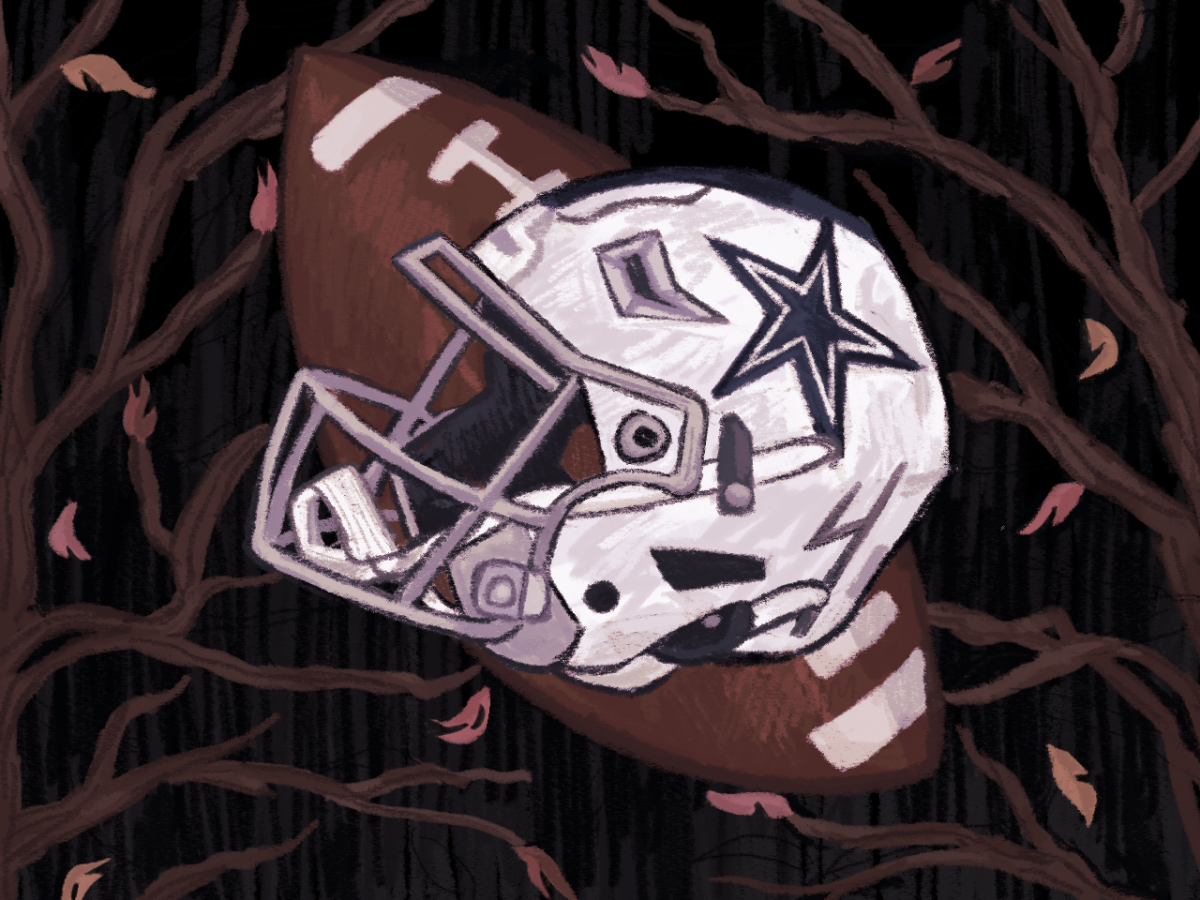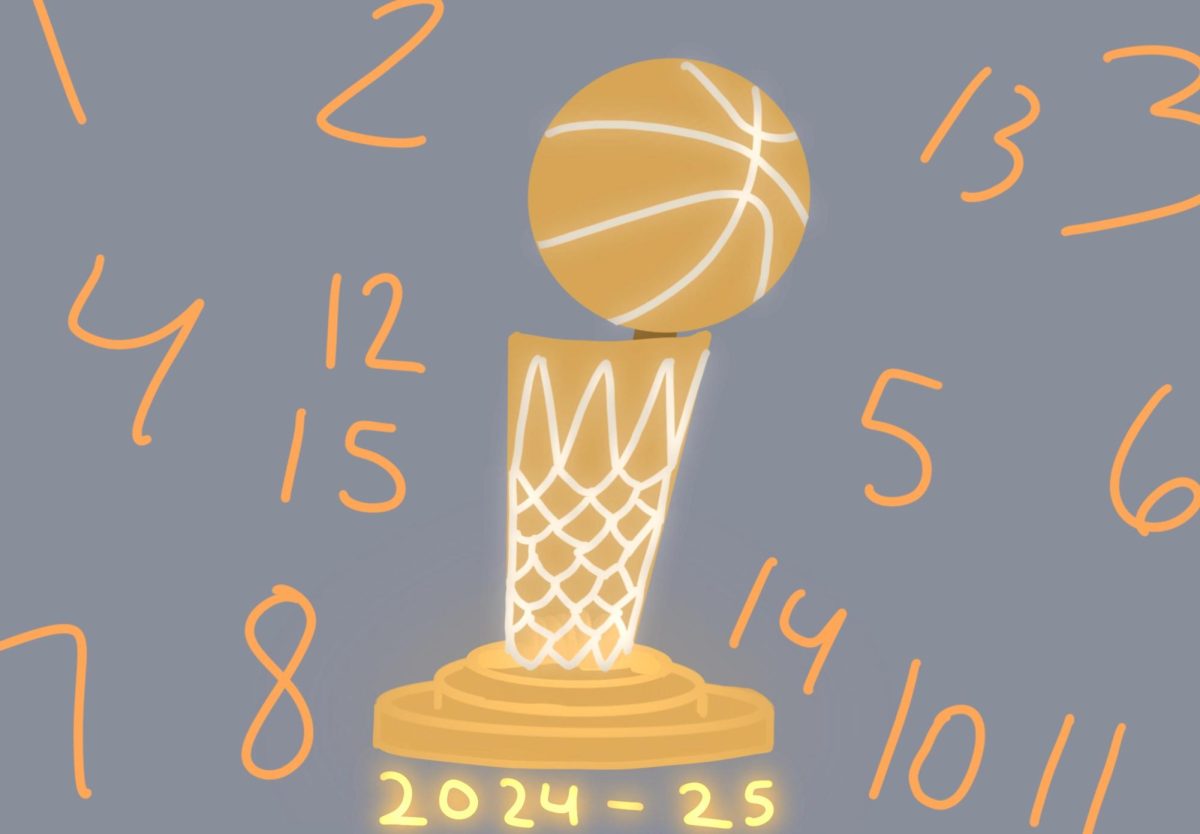This season’s NBA MVP race has been arguably the greatest of all time.
A perennial MVP winner, Nikola Jokic, has the greatest statistical offensive season of all time, leading his struggling roster to a top-4 seed in a loaded Western conference. He is up against young star Shai Gilgeous-Alexander, who is having one of the greatest scoring seasons of all time, leading the youngest team in the league to the best record this season — statistically one of the greatest teams of all time.
In any normal season, either of these guys would win the MVP in a landslide. They both present near-perfect cases for the award, and any voter or fan who says that the decision is easy are wrong. It’s a hard choice, but there can only be one winner. And in my opinion, the winner should be SGA
SGA is ahead on all betting odds sites and the ESPN voter straw poll, and seems likely to win the award. However, the general consensus among casual basketball fans appears to be that Jokic should be the MVP, and that it isn’t close.
On paper, the stats should make the decision obvious.
Per game, Jokic averaged 29.6 points, 12.7 rebounds, 10.2 assists, 1.8 steals, and 0.6 blocks in 36.7 minutes, while shooting 57.6 percent from the field, 41.7 percent on three pointers, and 80.0 percent on free throws with a 66.3 percent true shooting mark — easily the best numbers of his career.
On the other hand, SGA averaged 32.7 points, 5.0 rebounds, 6.4 assists, 1.7 steals, and 1.0 blocks in 34.2 minutes, while shooting 51.9 percent from the field, 37.5 percent on three pointers, and 89.8 percent on free throws, equaling a true shooting percentage of 63.7 percent.
These numbers don’t even seem in the same stratosphere. Looking at the stats, the MVP should obviously be Jokic, right?
Not exactly. Here are some of the reasons why.
Advanced Stats
Since 2020, Jokic has been the advanced stats king. In the last four seasons, nobody has come close to touching his stats such as estimated plus-minus (EPM) or estimated wins added (EWA). It was thought of as impossible.
That is, until this season.
SGA has narrowly eclipsed Jokic in these stats, with an EPM of 8.6 compared to Jokic’s 8.3, and 20.9 EWA compared to 20.0.
Defense
As good of an offensive player as Jokic is, he is a liability to his team on the defensive side.
This season, Jokic has ranked as the worst rim protector in the league, and has ranked bottom five in this stat each of the last five years. He is a big reason why the Nuggets rank bottom five in defense.
SGA, on the other hand, is a solid defender. He ranks 30th in the league in D-EPM — third among all point guards — and leads the league in defensive rating.
While he benefits from elite team defense and doesn’t always guard the opposition’s top scorers, he’s still clearly a plus defender.
SGA is a 6 foot 6 point guard, and Jokic is a nearly seven-foot center. SGA averages 1.0 blocks per game, while Jokic averages 0.6.
Team Success
Along with leading in advanced stats and being a better defender, SGA is also putting up a historic campaign in plus-minus. He has a plus-minus of + 918 this season, which is the fifth highest mark of all time — the highest excluding any of the Golden State Warriors from 2014-2017.
These numbers have helped SGA lead the Thunder to 68 wins. The Thunder weren’t just the best team in the league this season — they put up the second highest net rating of all time, second only to the 95-96 chicago Bulls.
The argument that has emerged from many Jokic voters is that SGA has a super team, and that the reason for his success is due to the strong Thunder roster.
Although the Thunder roster is strong, it has no business being this good. They have excellent defensive pieces and maybe the best defense in the league, but hardly any offense apart from SGA.
The second and third leading scorers on the Thunder are forward Jalen Williams and center Chet Holmgren, averaging 21.6 and 15.0 points per game, respectively. Both are great defensive players, but neither are excellent offensive players.
Another important fact to note is that Holmgren missed 50 games this season due to injury, and Williams missed 13. In games that Holmgren and/or Williams missed, SGA led the Thunder to a 48-7 record.
It wasn’t just Holmgren and Williams that missed time. center Isaiah Hartenstein missed 25 games, guard Alex Caruso missed 28, guard Cason Wallace missed 15, and forward Luguentz Dort missed 11.
And despite that, 68 wins. SGA isn’t on a superteam, he is the superteam.
However, Jokic is also the entirety of his team. He makes a staggering plus 21.3 point difference to the team when he is on the court. Without him, the Nuggets are one of the worst teams in the league, and he has elevated them to 50 wins.
These on and off court numbers are the main source of Jokic’s MVP argument. After all, “MVP” stands for Most Valuable Player, and Jokic is the most valuable to his team as they would be nothing without him, right?
Not in my opinion.
A question for every NBA fan is, what is more valuable? Elevating a 25 win team to 50 wins, or a 45 win team to 68 wins?
For me, it’s the latter. And historically, this is what the MVP award favors.
Reducing the MVP to “which team would be worse without their candidate” essentially reduces it to a “who has the worst front office” award.
Would Jokic be able to get 65 plus wins with the Thunder’s roster?
Maybe. There’s certainly a chance. After all, he is one of the greatest offensive players of all time.
But this is a hypothetical scenario. The MVP award isn’t given out based on what-ifs. There is no hypothetical with SGA — he is putting up historic numbers on one of the greatest teams of all time.
And that’s why he should be the MVP.


